We realise money isn’t everything, but with such a huge range in prices, we always find it helpful to ask about budget… It’s invariably one of the first questions we ask when customers visit our stores, so we thought it prudent to get it out of the way first of all…

Scotland, the home of whisky.
The remaining distilleries in Campbeltown produce such a range of whiskies of various peat influence and style that it is difficult to draw them together in terms of characteristics. That said, some would tell you that their proximity to the sea lends briny qualities to drams from this town. We’d say that some of the finest whiskies around are produced here, so do take a look!
Regarded as some as a dubious grouping of distilleries – indeed, not recognised by the Scotch Whisky Association – “Islands” would theoretically include any whisky produced on one of Scotland’s almost 800 islands! Currently only 6 of these (excluding the aforementioned Islay) are home to active distilleries, and they produce a wide range of styles, from the heather honey hues of Highland Park to the heavy peat of Ledaig, the briny qualities of Talisker to the cereal notes of Jura. With more in planning, too, this region promises to keep things fresh and interesting.
With several active distilleries and more in the pipeline, there is more to this island’s whisky contributions than just peat smoke! That said, if kippers and carbolic soap are your bag of chips, this is certainly still the place for you!
The sheer scope of the geographical area described as “Highland” renders any generalisation of the whisky style impossible. The Highland’s fantastically varied terrain, from salty coastline to sweeping farmland/rolling fields, craggy mountains to glistening lochs, hosts distilleries displaying equally individual characteristics.
The distilleries found in the fertile rolling fields of the Lowlands tend to produce elegant whiskies with grassy and floral characters. With a few new kids on the block right here in Fife, this is an exciting time of resurgence for Lowland whiskies!
There has been some confusion, over the years, as to the exact boundaries of Speyside… nestled within the Highlands, this wee Morayshire region is home to more than half of Scotland’s whisky distilleries. As such there is a wide variety of whisky to be found, from the delicately honeyed to the heavier, sherried drams. Something for everyone, in short!
The land of bourbon and rye (and a fair few others, in truth!) has strict laws dictating precise mash percentages, processes and aging techniques. All of this ensures that a wide variety of whiskey is produced from sea to shining sea…dive in and discover!
Ireland hotly contests Scotland’s claim to being first to distil whisky, and many assert that, in their 19th century heyday an “e” was added by Irish distillers to distinguish themselves from the inferior product of their celtic cousins! Sharp decline in Ireland’s whiskey production followed, but recent years have seen resurgence with some vigour, with new distilleries opening all over the island.
If Japan began its journey of whisky production as the protégé of Scotland, it has certainly forged its own path in terms of innovative technique since 1923! While Japan’s six distilleries are producing some of the world’s most celebrated single malts, many of its more experimental advances can be seen in its production of blends. Get involved and discover the delicate nuances of mizunara oak and plum wine finishes!
Other regions
Whisky made from 100% malted barley and distilled using copper pot stills in a single distillery. In Scotland and Ireland it must be aged in barrels for a minimum of three years.
The product of more than one distillery, this is the combination of different single malt scotch whiskies to achieve a specific flavour and character.
A blend is a combination of one or more single malt scotch whiskies with one or more single grain scotch whiskies.
Made using other grains like wheat or corn, as well as barley. Grain whisky can be single or blended, as with malt whiskies.
Whisky made from grain that’s been grown without use of chemical pesticides, herbicides or fertilisers.

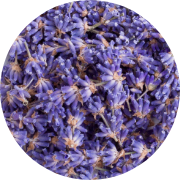
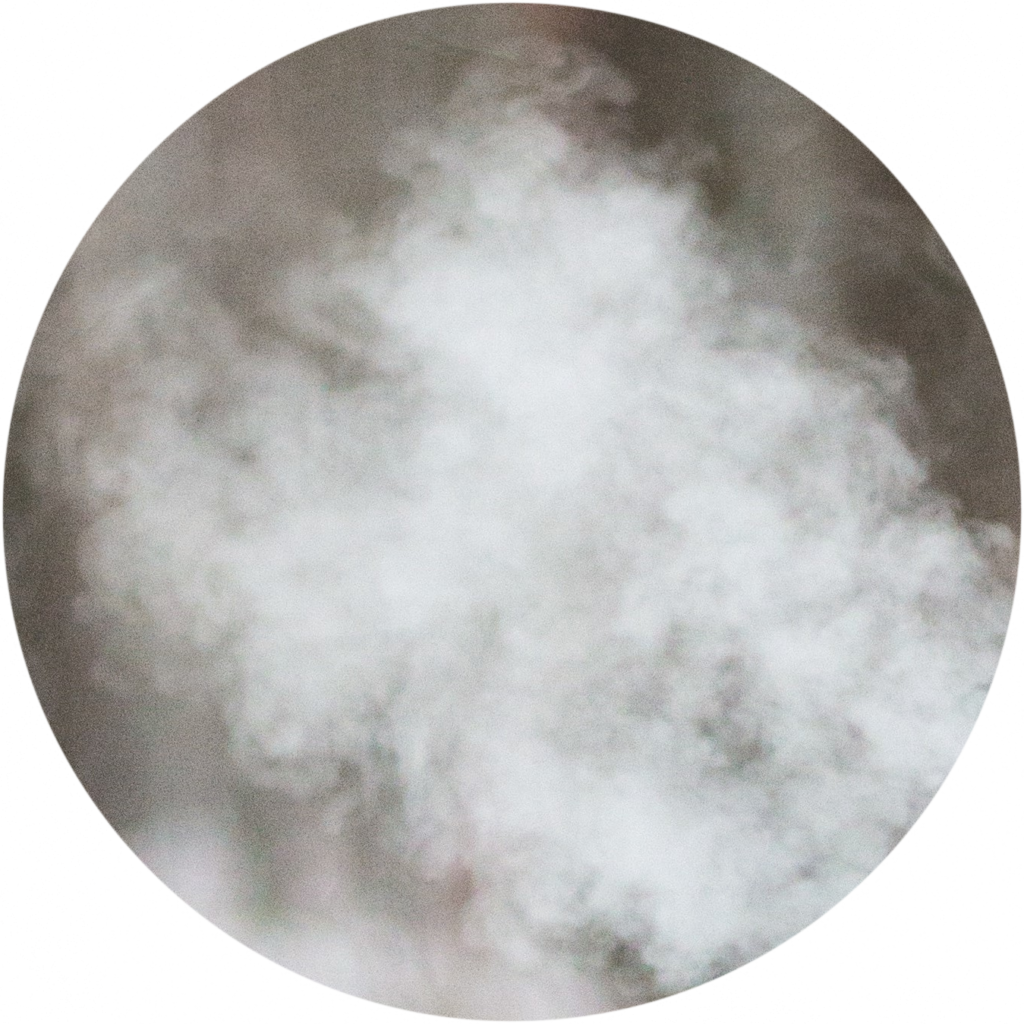
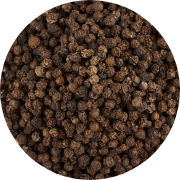
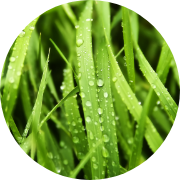
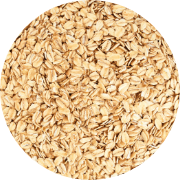
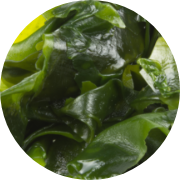
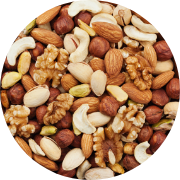
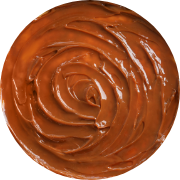
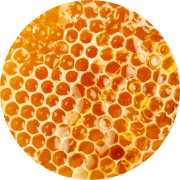
Age is an issue of mind over matter; if you don’t mind, it doesn’t matter! Indeed, with so many distilleries releasing NAS whiskies, it appears to be mattering ever less. However, if it matters to you, drag the toggles to adjust the years!
